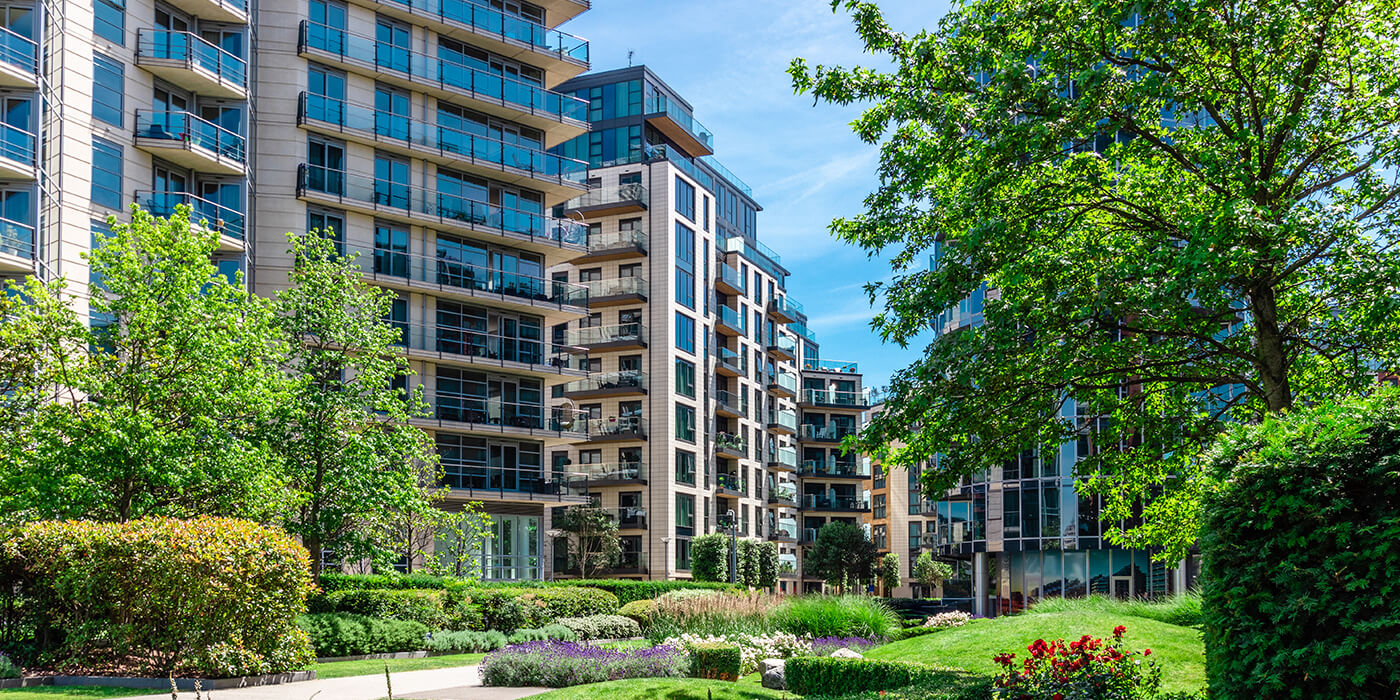Urban environments, characterized by their bustling streets and dense construction, often offer limited access to natural spaces, which is a concern given the critical role these environments play in mental well-being. Access to nature is not just a luxury but a necessity for cognitive restoration and stress reduction. Engaging with green spaces helps to diminish the mental fatigue associated with urban life. For instance, parks and green roofs serve as vital lungs for cities, offering sanctuaries where people can relax and recover from the cognitive demands of urban living.
Enhancing Cognitive Functions Through Nature
The relationship between outdoor spaces and mental health is profound, particularly in how these spaces enhance cognitive functions. Studies have shown that even brief interactions with nature can significantly increase memory retention and attention span. Furthermore, natural settings are known to foster creativity by providing a respite from the typical overstimulating urban environment, which can often hinder our cognitive processes. Thus, integrating structured green spaces within urban planning is not just beneficial but essential for maintaining the cognitive health of city dwellers.
Fostering Social Bonds in Green Settings
Outdoor spaces in urban settings are crucial not only for individual well-being but also for community health. These areas facilitate a range of social interactions, from impromptu meetings with neighbors to organized community events. Such interactions are integral to building and sustaining social ties, which are vital for mental health. Green spaces often become community hubs, especially in densely populated areas, where shared gardens, parks, and playgrounds provide common ground for residents to connect and interact in a healthy, open environment.
Physical Health as a Foundation for Mental Well-Being
The physical benefits of outdoor spaces are well-documented, with activities such as walking, jogging, and cycling contributing to cardiovascular health and overall physical fitness. However, the impact of these activities extends beyond physical health, directly influencing psychological well-being. Regular physical activity in green spaces can reduce symptoms of depression and anxiety, lead to higher life satisfaction, and contribute to a more positive outlook on life. Therefore, the role of urban planning in promoting accessible green spaces is crucial in fostering a healthier urban population.
The integration of well-maintained and accessible outdoor spaces within urban environments is a significant public health measure. Not only do these spaces enrich urban living aesthetically and environmentally, but they also provide essential benefits to mental and social health. Cities that prioritize green infrastructure will not only enhance the well-being of their residents but also promote a sustainable and livable urban future. As urban populations continue to grow, the design and maintenance of outdoor spaces will play a pivotal role in shaping healthy, resilient communities.


Leave A Comment